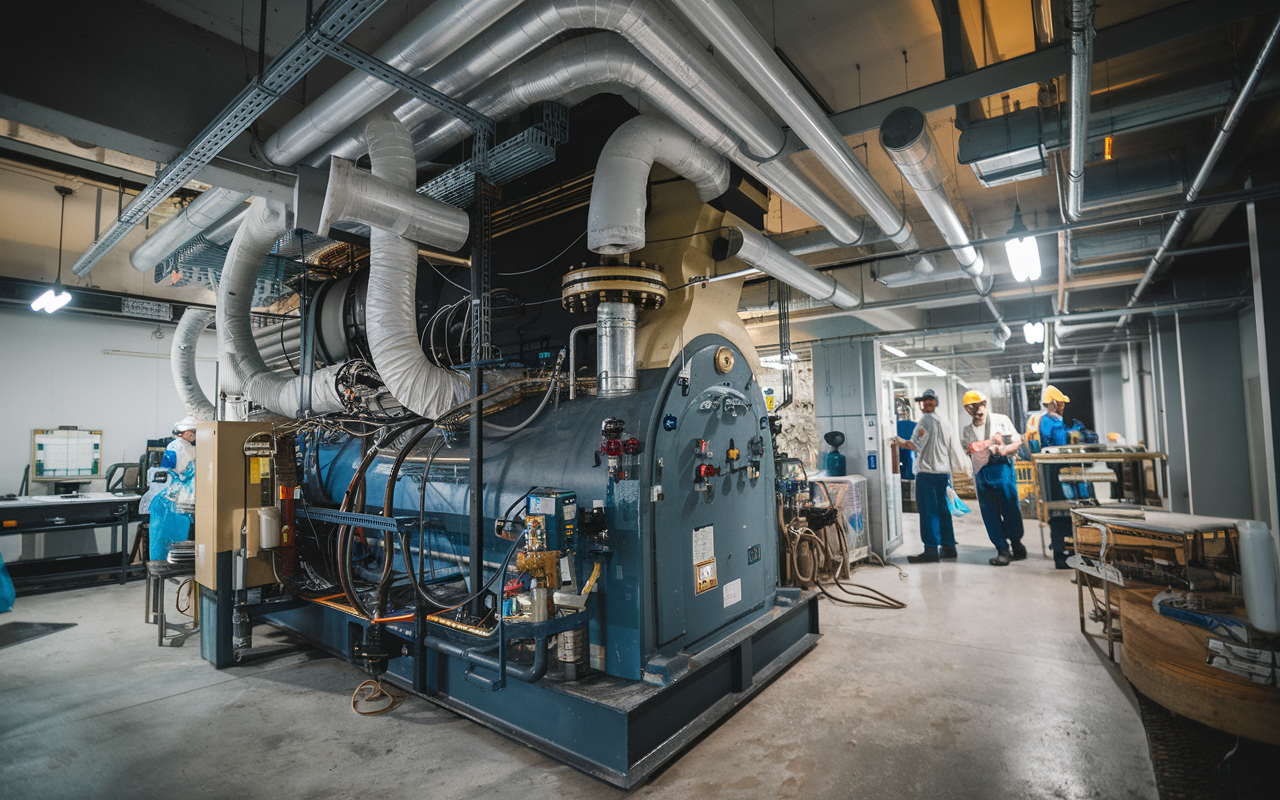🚀 baCta: Pioneering the Future of Natural Rubber 🌱
The world of synthetic biology is buzzing with innovation, and one groundbreaking startup is making waves like never before! Meet baCta, a Paris-based company harnessing the power of engineered bacteria to produce natural rubber while significantly reducing CO2 emissions. 🌍✨
What’s the Big Idea? 🧬
Unlike traditional rubber sourced from Hevea trees, which can contribute to deforestation, baCta is employing precision fermentation techniques with genetically engineered E. coli. This provides a sustainable approach to generating natural rubber that is carbon neutral. Currently utilizing glucose as a feedstock, the company plans to expand into more eco-friendly options like acetate and carbon.
With a recent funding boost of €3.3 million (∼$3.6 million), baCta is set to scale its operations and transition from producing tiny milligram quantities to robust industrial-scale outputs. This shift is essential to make their bioengineered rubber available for various consumer and industrial applications. 🛠️
Sustainability Meets Innovation 🌳🌟
Natural rubber presents an interesting dilemma. While it's more environmentally friendly than its synthetic counterpart derived from petroleum, its cultivation can lead to deforestation. This is where baCta shines! Their bioengineered alternative not only provides a renewable resource but also offers manufacturers the chance to lower their carbon footprints amidst increasing emission regulations.
Mathieu Nohet, baCta's CEO, emphasises the uniqueness of their approach, stating that their synthetic AI enzyme technology can optimize the polymerization of rubber within bacteria. This means they can enhance yield efficiency, decrease production costs, and ultimately provide a greener alternative to traditional rubber commodities. 🌱💡
Targeting the Market 🎯
Initially, baCta aims to collaborate with luxury fashion brands, focusing on premium products such as footwear and handbags. As they scale up production capabilities, they plan to branch into more economically demanding markets such as automotive parts and industrial machinery components. This strategic progression allows them to establish a foothold while gradually building a mass market presence. 👟👛
The Future is Bright! 🔮
Looking ahead, baCta aims not only to focus on rubber production but also to venture into producing isoprenoids, which have numerous applications in industries ranging from pharmaceuticals to biochemicals. By pioneering a holistic biosynthesized production model, baCta hopes to address carbon impacts on a global scale and promote sustainability.
By removing allergens from their biosynthesized natural rubber, they could also create a hypoallergenic product, widening their target demographic even further.
Conclusion 🌈
In a world desperately seeking sustainable solutions, baCta stands at the frontier, combining cutting-edge science with eco-consciousness. With its ambitious vision and innovative technology, this startup could redefine how we think about rubber production. 🌍💚
What are your thoughts on baCta’s journey to catapult natural rubber into a sustainable future? Share your views in the comments below! 👇
Stay Connected 🔗
For additional updates on baCta and other groundbreaking developments in synthetic biology, keep following us!
#InnovateForClimate #SustainableRubber

More Stories
Meta’s AR Ambitions and AI Safety: Insights from the Equity Podcast
Insight Partners Data Breach: A Wake-Up Call for Cybersecurity Awareness
Lovable’s Ascendancy: Anton Osika at TechCrunch Disrupt 2025